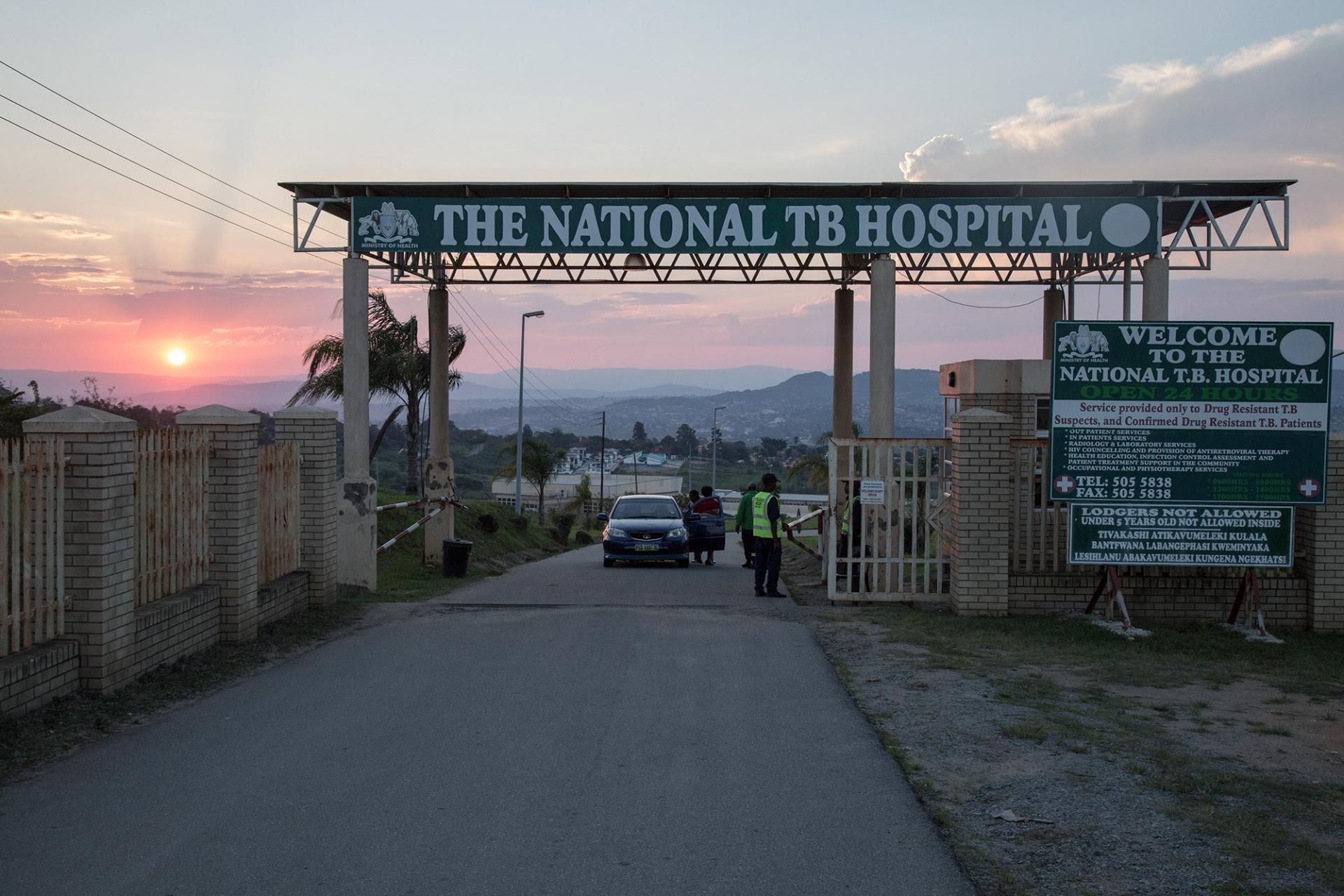Sellah Moraa, a Laboratory Technician, has been on five missions with MSF. Recently, she was on a mission in Eswatini where she worked in a comprehensive health care based clinic which MSF supported with the Ministry of Health (MoH).
“Eswatini is not an emergency conflict country. But looking at the reasons why MSF was there, there was a need because Eswatini has the highest HIV and TB prevalence in the whole world: that in itself was an emergency,“ explains Sellah.
“The program that I worked on in Eswatini, was a comprehensive health care based clinic which MSF supported together with MoH. So in brief, I would say comprehensive in terms of MSF, as we were running an outpatient treatment area, we did non-communicable diseases, a drug-sensitive TB department and we had drug-resistant TB department in this complex clinic.”
“MDR-TB can be very heavy and therefore difficult for someone to overcome – to have zero default rates we really support patients. To help them cope, we provided in-home care when possible, offered individual medical follow-ups, adherence counselling, group peer counselling, transport allowances, and housing support. This extended to food packages, occupational therapy and sign language training (for patients who had become deaf as a side effect of treatment,” says Sellah.
Of those treated for Multi-Drug Resistant TB (MDR-TB), 25% will suffer from hearing loss and deafness as a side effect of treatment. Because of this, they can become isolated from their families and communities. This can easily affect their social life, if not faced with proper support. By equipping patients with this new communication skill, MSF hopes to reintegrate them into society.
“We had one particular patient who fell deaf as a result of the MDR-TB treatment she was on. In efforts to empowering her communication skills (and other patients who had gone deaf or partially deaf), we had sign language training. We trained the patients and we trained staff because they also needed to communicate with the patients. So this is an experience that I will never forget, we gave life and hope back to a patient who had totally lost faith.”
MSF started working in Swaziland in 2007 and works closely with the Ministry of Health to improve TB diagnosis and treatment, especially DR-TB, working in government health facilities in Mankayane, Matsapha, Shiselweni and Moneni.
To help patients continue their treatment in spite of the often challenging side-effects including deafness and nausea, MSF teams go beyond providing medical care. They help patients cope by providing in-home care when possible and offering individual medical follow up and adherence counselling, group peer counselling, transport allowances, and housing support. This extends to food packages, occupational therapy and sign language training (for patients who become deaf as a side effect of treatment).
Alongside this, MSF in Eswatini is using shorter treatment regimens (9 months instead of the usual 2 years), and for eligible patients, the newest drugs for the hardest to treat symptoms. These new drugs: Bedaquiline and Delaminid, are the first new tuberculosis drugs in almost 50 years, giving new hope of a cure to patients who previously had none.
Along with being more effective, these drugs have fewer side effects than older treatments that contain injectables (including no risk of full or partial deafness). While the new drugs show promising results, access to new TB drugs worldwide is limited. In October 2016, it was estimated that, globally, only 5,738 patients have been able to access Bedaquiline, and 405 patients have had access to Delamanid.
Find out more about MSF's activities in Eswatini.
